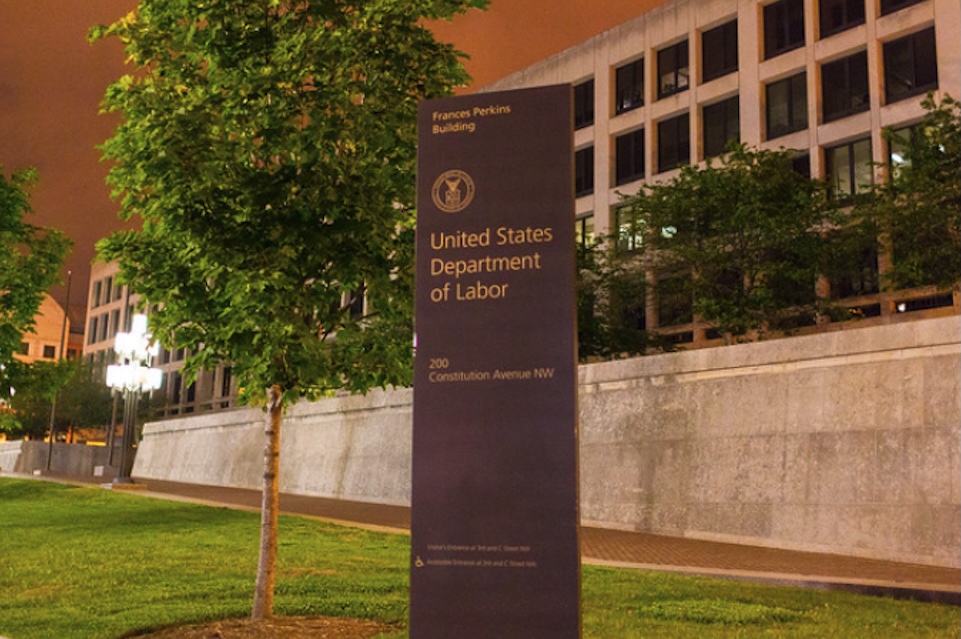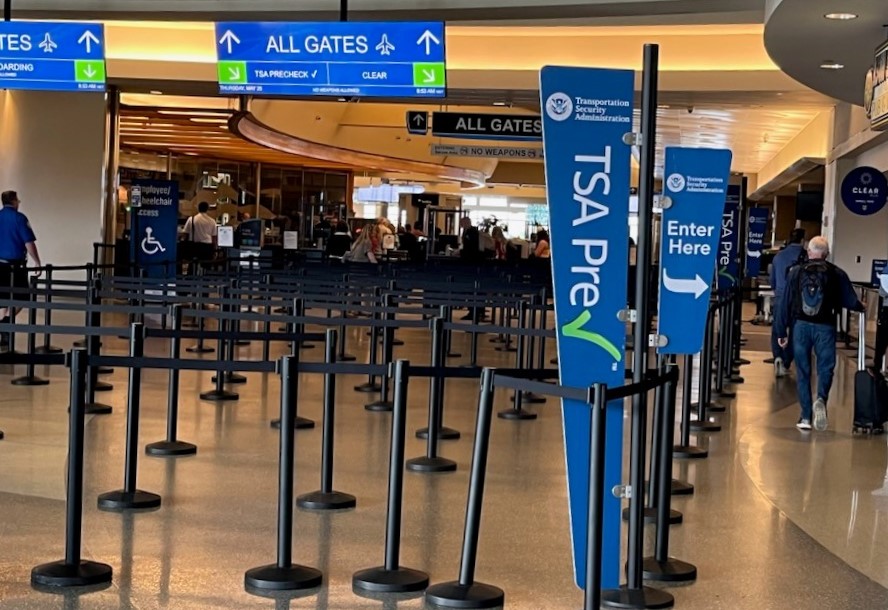The Debate Behind the 14th Amendment
PRAY FIRST for God to direct our president, Secretary of State, U.S. Ambassadors, and all who navigate the complex issues of foreign policy, international trade, and work to balance global economic relations with other world leaders.
Blessed is the one who finds wisdom, and the one who gets understanding. Proverbs 3:13
There has been a great deal of talk recently about the 14th Amendment, but what is it, and what edicts does it encompass? While the U.S. Constitution is the foundational legal document of our nation, it’s designed to allow for necessary changes over time that come. Constitutional amendments are essential tools for adapting to evolving societal needs—guaranteeing laws remain relevant and just. There are currently 27 amendments, each serving to refine or expand the rights and responsibilities outlined in the original Constitution.
The amendment process is intentionally rigorous. To propose an amendment, Congress must achieve a two-thirds majority vote in both houses, or two-thirds of state legislatures must call for a constitutional convention. Ratification requires approval by three-fourths of the states. This process ensures that amendments reflect a broad consensus rather than temporary political trends.
Certain amendments, such as the Bill of Rights (the first ten amendments), have profoundly shaped American life. Others, like the 13th Amendment (abolishing slavery) and the 19th Amendment (granting women the right to vote), have expanded civil liberties and paved the way for an America that more truly reflects the Constitution’s intent that all people are created equal. Among these, the 14th Amendment stands as one of the most significant in defining citizenship and equal protection under the law.
The 14th Amendment: Origins and Intent
Ratified on July 9, 1868, in the aftermath of the Civil War, the 14th Amendment sought to address the injustices of slavery and ensure citizenship and equal protection for all individuals born or naturalized in the U.S. Upon its ratification, the 14th Amendment invalidated the Dred Scott decision, which had declared that African Americans could not be citizens. Its creation was driven by the need to protect the rights of newly freed African Americans and to prevent states from enacting laws that discriminated against them.
– Citizenship Clause: Establishes birthright citizenship, ensuring that all individuals born in the U.S. are recognized as citizens.
– Due Process Clause: Prevents state governments from depriving individuals of life, liberty, or property without legal procedures.
– Equal Protection Clause: Requires states to provide equal protection under the law, forming the legal basis for many advancements in civil rights.
The 14th Amendment in Legal and Social Debates
The 14th Amendment has played a crucial role in major Supreme Court decisions. Landmark cases such as Brown v. Board of Education (1954) and Loving v. Virginia (1967) used the Equal Protection Clause to challenge racial segregation and discriminatory laws. Dred Scott v. Sandford (1957), United States v. Wong Kim Ark (1898), and Plyler vs. Doe (1982) all saw challenges to Citizenship Clause and set precedent for how the amendment is interpreted. The amendment has been central in debates over voting rights, immigration policies, and due process protections.
Despite its broad applications, interpretations of the 14th Amendment remain a subject of debate. Questions about the amendment’s reach, particularly in relation to state versus federal authority, continue to shape political and legal discussions.
The current debate centers on the amendment section stating, “All persons born or naturalized in the United States, and subject to the jurisdiction thereof, are citizens of the United States and of the State wherein they reside.” Traditionally, this has been understood to grant a blanket birthright citizenship to anyone born in the United States, regardless of circumstances. However, some argue that the original intent was to grant citizenship specifically to freed slaves and their descendants, interpreting “subject to the jurisdiction thereof” as requiring full political allegiance to the United States. This interpretation would exclude births by non-citizens, such as undocumented immigrants, tourists, and foreign nationals.
This issue is likely to be revisited by the Supreme Court due to legal challenges against an executive order signed by President Trump on January 20, 2025. The executive order seeks to end birthright citizenship for children of unauthorized immigrants and those legally but temporarily in the U.S., such as individuals on student, work, or tourist visas. Multiple lawsuits have been filed against the executive order, and several federal judges have issued preliminary injunctions blocking its implementation and enforcement
Why It Matters and How We Can Respond
We are called to seek wisdom and discernment when considering justice and fairness in society and in how we pray for those who rule on our behalf. Proverbs 31:8-9 states, “Open your mouth for the mute, for the rights of all who are destitute. Open your mouth, judge righteously, defend the rights of the poor and needy.” This verse reminds us of our responsibility to carefully test and weigh our decisions and to judge in a way that reflects God’s truth and God’s mercy.
As believers, we have the opportunity to pray for those in leadership, as seeking God’s guidance for lawmakers encourages legal decisions that align with principles of fairness and compassion, nurturing a society where people are treated with respect and dignity.
HOW THEN SHOULD WE PRAY:
— Pray for our federal judges that they may have wisdom and discernment in interpreting and applying the laws of our nation. It is well with the man who deals generously and lends; who conducts his affairs with justice. Psalm 112
— Pray for those in the federal government to seek God’s rightness and to do what right in the eyes of the Lord. Whoever pursues righteousness and kindness will find life, righteousness, and honor. Proverbs 21:21
CONSIDER THESE ITEMS FOR PRAYER:
- Pray for the president and all who hold office to do so with integrity and godliness
- Pray for God to guide and direct the legislative decisions of those in Congress as they draft bills that impact the future of the nation.
- Pray for those who work directly within the agencies and departments responsible for helping immigrants become U.S. citizens.
- Pray for all federal judges who rule on cases relating to the U.S. Constitution.
- Pray for all of us to be responsible citizens who seek knowledge and wisdom regarding our nation’s laws and governance.
Sources: National Archives, Legal Information Institute, History.com, Administrative Office of the U.S. Courts









